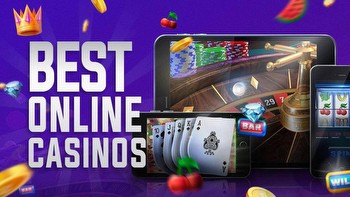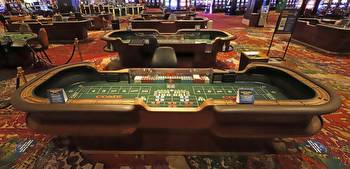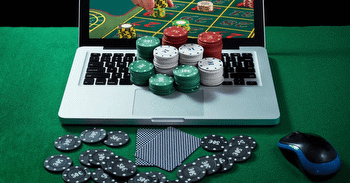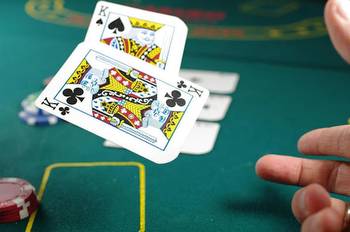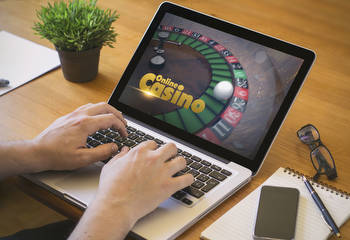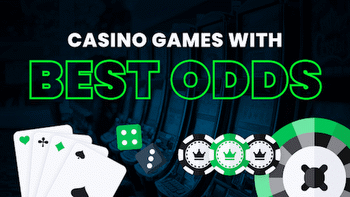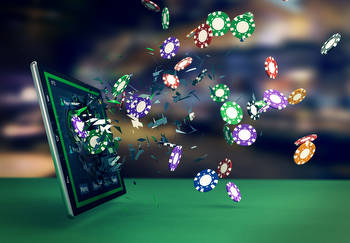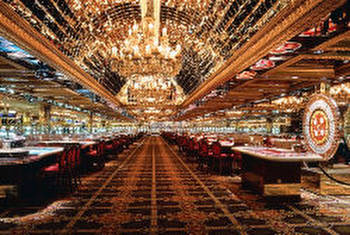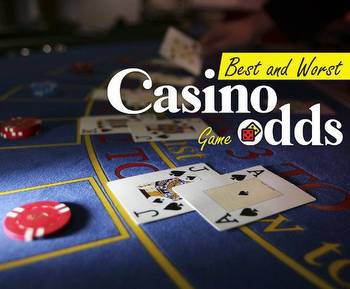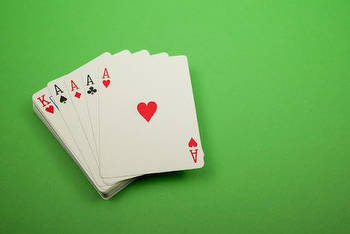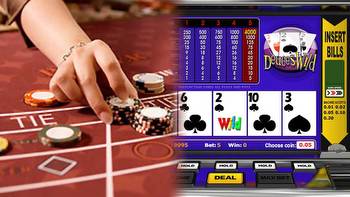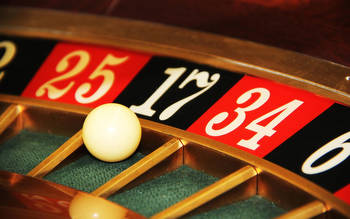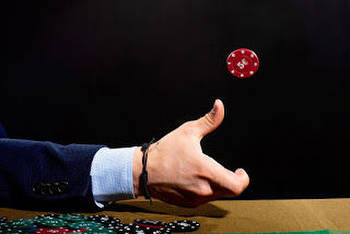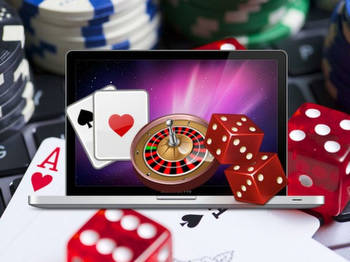The Science Behind Casino Profits Explained
Casino profits are not a volatile category thanks to gambling’s global appeal and popularity. Here’s how casinos make money.
When it comes to casino profits, there is one certainty: the house always wins. This aspect of gambling is the only one not left to chance because casinos operate as businesses. In other words, these operators are not charitable organizations that throw free money away. Consequently, a business model ensures online and land-based casinos remain profitable in the long run. These operators' creativity knows no bounds, and there are new types of casinos that accept cryptocurrencies.
There are numerous built-in advantages in every online casino. These mathematical advantages ensure that the house will always come out a winner at the end instead of the players overall. There are different names for these advantages, but "house edge" is the most popular and widely used. This term signifies the average gross profit that the casino expects to make from each game. Among the different aspects of each gambling game, the house edge is among the most critical. Read below for how the casino generates profits from seemingly fair and unpredictable games.
Understanding Casino Profits: Why It's Not Cheating
The essential rule that every inexperienced gambling enthusiast must remember is easy to memorize. This rule states that the longer you gamble, the odds that the result of your play will match with the house edge increase. So, the odds that you will lose money the longer you play increase with time. However, the house edge differs in various casino games. For example, keno features the highest house edge, and blackjack has the lowest. Generally speaking, here's what you need to keep in mind:
- House edge
- How the casino ensures players lose more than they expect
- Additional house edge.
House Edge
This dreaded term is one of the most polarizing expressions when it comes to casino profits. Note that the odds of you winning the casino's money are lower than the odds of the casino winning your cash, regardless of which game you play. This rule exists because the casino games' design features a built-in advantage for the casino. This advantage lowers the size and chances of potential payouts.
For instance, consider the game of online (or mobile) roulette. The rules state that 36 to 1 is the highest payout for a single number. But, most novice players neglect the 0 (and sometimes 00) pockets on the roulette wheel. Therefore, the odds of winning in this game are not 36 to 1 but 37 (38) to 1. So, these numbers represent the actual values that players can win on a winning bet.
As previously mentioned, the odds advantage that the casino has (the house edge) is the average gross profit the house can reliably expect to earn from each game. Games with the lowest house edge (casino advantage) may generate a mere 1% to 2% profit for the casino. However, other games generate 15% to 25% earnings on other games (sometimes more).
Going back to the mobile roulette example, there is a 5.26% house edge on a 00 roulette wheel. If there is a $1 million in bets at an online casino's roulette tables, the management reliably expects to earn just over $50,000 in net casino profits. The remaining $950,000 goes back to the bettors. Therefore, the casino's goal isn't to bankrupt players in a single setting. The underlying goal is to ensure that players leave some money in the casino's pocket by walking out with a little less than they came in - over time.
How The Casino Ensures Players Lose More Than They Expect
The house edge is a familiar concept throughout the online gambling industry. In other words, it's not a secret, and operators make no effort in hiding it. However, there are countless examples of players aware of the house edge who don't fully grasp its implications on their bankrolls. Therefore, misunderstanding this concept is an additional source of casino profits for countless operators.
Many players believe that playing roulette with $100 for a few hours with a 5% edge means they'll only lose about $5. In other words, these players do not understand that the house edge applies to the total amount they wager and not their starting bankroll.
Here's a straightforward calculation to demonstrate the difference. Suppose a person makes $5 bets on every roulette wheel spin. Also, let's assume the wheel spins 50 times per hour. This hypothetical person is wagering $250 an hour regardless of whether they're losing or winning bets. So, even if the house edge plays out flawlessly, players lose $50 at the end of four hours of play. This $50 amount represents 5% of $1,000, which is ten times greater than what they had expected from the house edge misunderstanding!
Additional House Edge
In the long run, the odds that the result of your play will match with the house edge increase. However, casino profits can decrease in favor of the player in the short term. But, always keep in mind that the house edge will eventually grind the player down into unprofitability if they spend plenty of time gaming.
Consequently, land-based casinos do everything in their power to keep you playing as long as possible. This house edge is why brick-and-mortar venues famously don't have any windows or clocks. Keeping players unaware of the passage of time is a design feature. Additionally, countless first-time visitors typically receive free drinks from the management and become pleasantly surprised. But, this coin's flip side is that becoming inebriated doesn't improve judgment when it comes to betting.
On the other hand, online operators resort to different tactics since they don't occupy physical space. Online venues offer incomparably more bonuses, games, and other bonus features that appeal to players' excitement. The goal is the same: prolonging customers' playing times so that they leave a percentage of their bets in the casino's pocket.
Overall, this strategy isn't predatory because the length of each session depends solely on the player. Consequently, casino profits also depend on individual punters, and the casino merely uses entertainment as a selling point.







